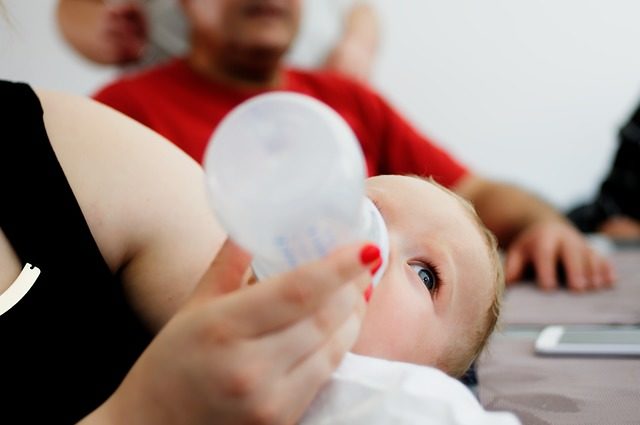Blood tests in children are very difficult for the parents to endure. In infants, the heel is pricked to take a sample. These tests are essential to check the health parameters, indicate symptoms of underlying problems and are a part of the newborn baby care and its health checkup packages.
Role of Vaccinations
The immune system of young children is particularly vulnerable as it is not yet fully developed. Vaccines are a safe way to prevent against deadly diseases. However, some people challenge the safety and effectiveness of vaccinations. People sometimes avoid vaccinating their children due to such false notions and for want of knowledge on vaccines for diseases like the flu, pneumococcal infections etc.
Even if your child has a cold, it’s generally better to get his shots on time. But if he’s very ill then vaccination should wait. Live-virus vaccines are not recommended when certain cancers and immune system problems like Chickenpox, the nasal spray flu vaccine and such are present. Ensure you discuss the child’s health conditions with the doctor. If your child has shown a severe allergic reaction to a vaccine in the past, he should not get that shot again. He may also need to skip a vaccine if he has a severe allergy to eggs, some types of antibiotics and gelatin.
Vaccines, like any medicine, can cause side effects. Most indications are mild and generally, subside with a day or two. Serious problems from vaccines are rare. Red flags when you must visit your doctor right away are if after a vaccination there is a lot of swelling at the shot area, a rash develops or the child has a constant high fever.
Your child if not vaccinated is at risk of many serious and many times fatal diseases. The baby can also help spread the germs to other babies.
Things to Remember During Vaccination
- Try to adhere to your child’s vaccination schedule and never miss a vaccine.
- In case your child has fever check with the doctor if the vaccination needs to be rescheduled.
- Decide between painful and painless vaccines. Generally, immunity from painless vaccines is shorter.
- It is normal for the child to get a fever after vaccination. Use a sponge bath to reduce your baby’s temperature and visit your doctor in case the fever persists beyond 1 or 2 days.
- Take a family member along to assist you during your child’s vaccination. This will help distract both you and the baby after the shot is given. Take your baby’s favourite toy along to comfort and soothe the crying baby.
- Being a parent means you worry about keeping your baby safe and healthy. Vaccines and vaccinations are an important way to protect your child’s health and essential to the baby care and are a part of newborn baby care health checkup packages.
- Enquire with your doctor regarding the vaccination chart for baby, its cost and the diseases these vaccinations can protect the baby from. Always keep records of vaccinations as they are an important health record.







